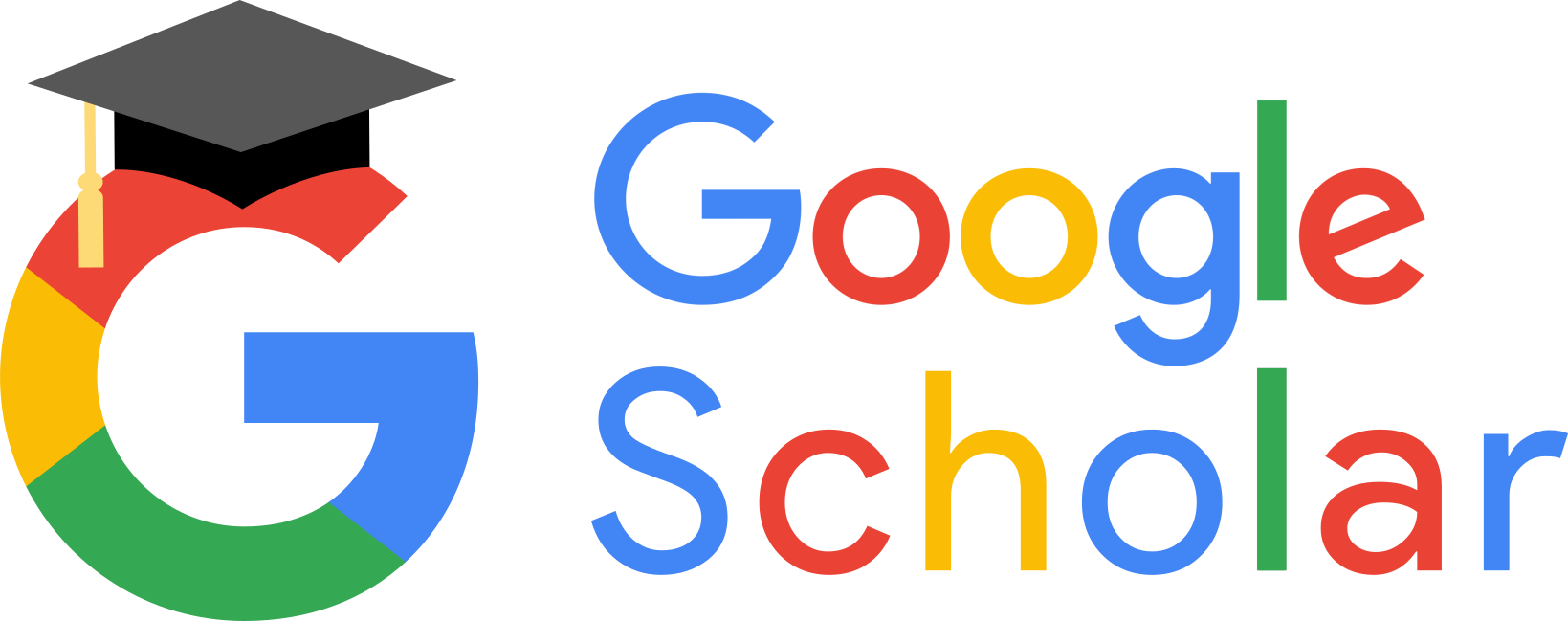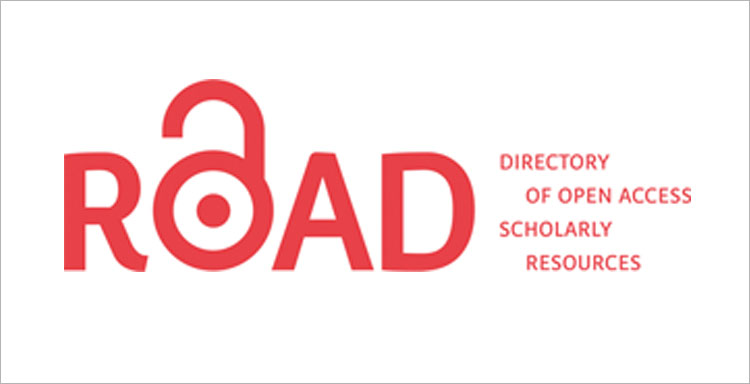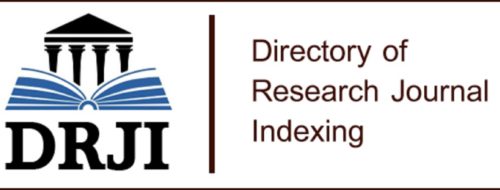PHYSICAL DISABILITY AND ITS INFLUENCE ON ACADEMIC PERFORMANCE
Keywords:
Physical disability, academic performance, teachers, students, professional trainingAbstract
The present investigation was carried out with the purpose of analyzing the impact that physical disability entails in the academic performance of university students, analyzing the current processes of access and support, as well as evaluating the teaching strategies currently used by the teacher to work with students with physical disabilities, determine academic performance and investigate the use of current technologies to provide facilities in the classroom for students with physical disabilities. It is clear that the educational system, as responsible for education, can and should continue to propose new resources, methods and methodological strategies that allow and facilitate an adequate educational and professional transition for university students with disabilities. Given the importance and need to address the support and instruction of students throughout their professional training process to seek the development of skills and guarantee the best possible educational transition, it is necessary to have different effective tools that ensure that students present a positive academic performance upon completion of their studies.
Keywords: Physical disability, academic performance, teachers, students, professional training.
Downloads
References
Egea, C., & Sarabia, A. (2019). Clasificaciones de la OMS sobre discapacidades. Artículos y notas, 15-30.
Espinoza, C., Gómez, V., & Cañedo, C. (2012). El acceso y la retención en la Educación Superior de Estudiantes con Discapacidad en Ecuador. Formación Universitaria, 5(6), 27-38.
Fernández, I. (2017). ULEAM. Obtenido de Adecuaciones curriculares para estudiantes con discapacidad: https://www.uleam.edu.ec/adecuaciones-curriculares-para-estudiantes-con-discapacidad/
García, R. (2015). Discapacidad y Problemática Familiar. PAAKAT: Revista de tecnología y Sociedad, 5(8). Obtenido de http://www.udgvirtual.udg.mx/paakat/index.php/paakat/article/view/229/345
Garzón, L. (2019). Rendimiento académico. (B. S. Loor, Entrevistador)
Hawking, S. (2012). Uniforme Mundial sobre la discapacidad. Organización Mundial de la Salud. Banco Mundial.
Luzardo, C. (2019). ULEAM. Obtenido de Cultura inclusiva en la Uleam: http://simbiosisuleam.com/cultura-inclusiva-en-la-uleam-2018/
Mondragón, C. M., Cardoso, D., & Bobadilla, S. (2017). Hábitos de estudio y rendimiento académico. Caso estudiantes de la licenciatura en Administración de la Unidad Académica Profesional Tejupilco, 2016. Revista Iberoamericana para la Investigación y el Desarrollo Educativo RIDE, 8(15), 1-25.
Morales, L. A., Morales, V., & Holguín, S. (2016). Rendimiento escolar. Revista Electrónica Humanidades, Tecnología y Ciencia, 1-4.
Porras, A. D. (2019). La discapacidad. (B. S. Loor, Entrevistador)
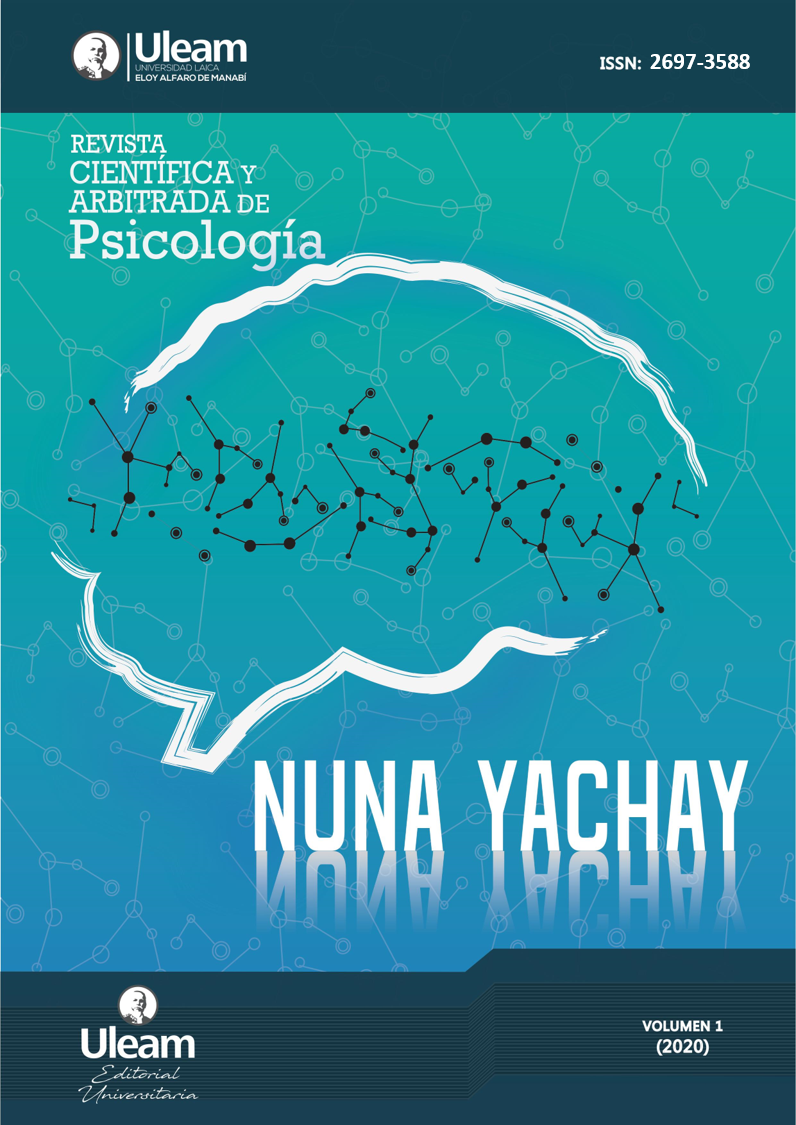




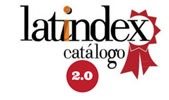
3.jpg)
